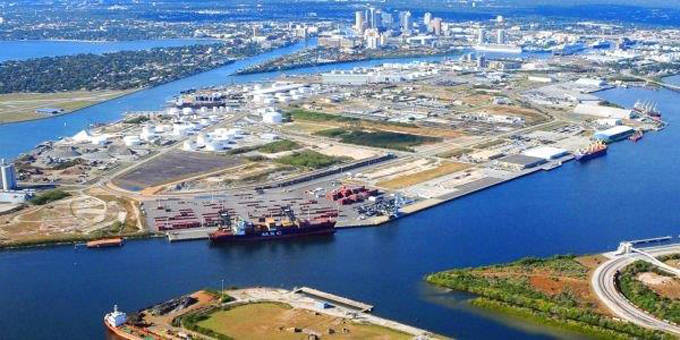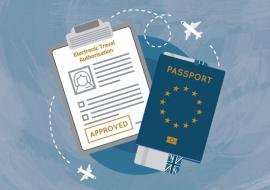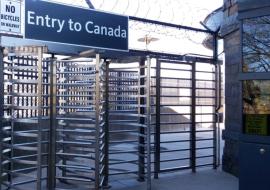Florida’s Port Manatee Likely to Get the Nod for Cuban Ferry Service

Discussions are under way about carrying cargo and passengers to Havana from ports in Tampa and St. Petersburg.
But the maritime link appears even closer to reality through another local landing — Port Manatee.
Havana Ferry Partners of Fort Lauderdale met with government officials in Cuba earlier this month and is optimistic it will be granted porting rights there in time to set sail as early as June, said CEO, Jorge Fernandez, a part-time Manatee County resident.
Port Manatee, an estimated eight hours to Havana by ferry, is on his short list of preferred U.S. landings.
“We are making excellent progress,” Fernandez said. “We have more meetings later this month. We have terminals lined up in Cuba and ports in the states ready.”
Havana is the primary Cuban city of choice, followed by Santiago.
Stateside, besides Port Manatee, Fernandez also is interested in sailing from Miami, Fort Lauderdale and Key West. “We will be prepared to service any of those for the initial start,” he said.
He could not yet confirm a schedule for the ferry service.
Meantime, leaders from both Port Tampa Bay and the Port of St. Petersburg confirmed they are also in negotiations with ferry operators interested in Cuba. One advantage Port Manatee holds over the others: It’s 90 minutes closer than St. Petersburg and three hours closer than Tampa.
Located in Palmetto, the port’s slogan is, “The Right Turn on Tampa Bay.”
It has been more than a year since American ferry operators began seeking to connect the U.S. and Cuba.
Still, service has not begun because the Cuban government hasn’t approved a U.S. ferry to use one of its ports.
Port Tampa Bay is in talks with ferries looking to connect this area to Cuba, said spokesman Andy Fobes. He would not name the operators but said Cuba had not yet approved them.
“We have the terminals and the appropriate on-site regulatory agencies and facilities already in place to handle passengers,” Fobes said, “and one day, once the embargo is lifted, cargo.”
It may not take a full lifting of the embargo for trade to reach a profitable volume.
The U.S. now allows its citizens to sell certain goods to Cubans — such as telecommunications, restaurant and agricultural equipment and construction supplies — as long it is used in the private sector. The holdup, as with the ferries, is for the Cuban government to sign off on it.
At least one local business is ready to act when that day comes.
Florida Produce of Tampa wants to operate a distribution warehouse in Havana for all American goods that can legally be sold on the island nation. Its owners, Manuel Fernandez and Mike Mauricio, presented a proposal in Cuba earlier this month to the Commerce Ministry and the Foreign Ministry.
They hope to receive a written agreement from Cuba by the end of June.
If so, depending on the condition of the warehouse space offered to them, they could be operating there early next year, said their attorney, Tim Hunt of Hill Ward Henderson.
In the past, Florida Produce has shipped agricultural products to Cuba through Port Jacksonville and Port Everglades.
If a ferry carried cargo to Cuba from a port close by, it would make economic sense to use the port for any goods produced within 200 miles of it, said Mauricio, the Florida Produce co-owner.
“You always want to use the closest port to keep freight cost down,” he said.
Initially, Florida Produce will focus on agriculture at its Havana warehouse because that is all Cuba is purchasing from American businesses now. But once the Cuban government allows its citizens to buy other goods, Florida Produce will seek to store it all.
“PVC pipes, automotive supply, lumber, restaurant equipment, construction material,” Mauricio said. “It can all be found or produced locally and then shipped locally. We just need that cargo ship or ferry locally.”
Source: The Tampa Tribune














